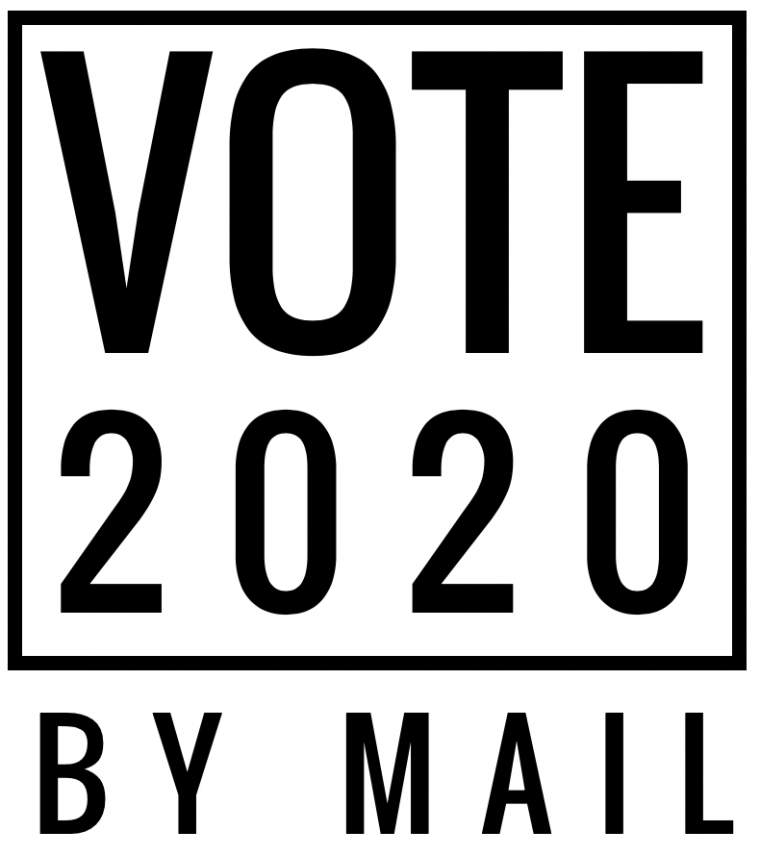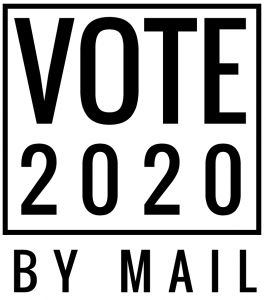Alumni Encourage States to Offer Vote-by-Mail Options

In preparation for National Vote By Mail Day on May 23, two Wesleyan alumni are pushing for a nonpartisan movement to make it possible for everyone in the United States to safely vote by mail in November.
To date, only Colorado, Hawaii, Oregon, Utah, and Washington offer vote-by-mail systems, while another 29 states and Washington, D.C., provide mail-in ballots at a voter’s request.
 “Americans shouldn’t have to risk their health to vote,” said Avi Stopper ’01, founder and lead organizer of the web-based project Vote 2020 By Mail.
“Americans shouldn’t have to risk their health to vote,” said Avi Stopper ’01, founder and lead organizer of the web-based project Vote 2020 By Mail.
Through Vote 2020 By Mail, Stopper is building a movement to persuade federal, state, and local governments to incorporate vote-by-mail processes.
“Seventy-eight percent of Americans want to be able to vote by mail, yet the only way we’re going to get it for everyone is if we make our voices heard,” Stopper said. “We believe that a massive demand from the public is the way to make this a reality.”
Based in Colorado, “where we have the gold standard of vote-by-mail systems,” Stopper applauds the efforts of the five committed states that “have proven that universal vote-by-mail is safe, secure, and doesn’t favor one political party over another.”
And he hopes the pandemic necessitates that this be standard in all states.
“Filling out a ballot at the kitchen table while drinking a cup of coffee, as we do in Colorado, is amazing,” he said.
In a May 8 Bloomberg Law article titled, “INSIGHT: Voting By Mail in November—It’s Not a Matter of if, But How,” co-author Evan Glassman ’87, P’24, a commercial litigation partner for Steptoe & Johnson LLP in New York City, says that ensuring voter access to online ballot boxes just means a slight adjustment in the current rules.
Glassman suggested that states set deadlines for the return of mail-in ballots; pre-pay the postage costs for returning the ballots; create secure drop-off or drive-by locations where voters could drop off their ballots; and eliminate or adjust ID or witness and notarization requirements for mail-in ballots.
None of these efforts “would compromise election integrity,” he wrote.
Whether or not states allow online voting, both Stopper and Glassman stressed the importance of continuing in-person voting options for those who are unable to access vote-by-mail.
“While it may appear to be beneficial during a time of pandemic, closing polling places can lead to long lines, which may increase health risks, and could disenfranchise voters,” Glassman said. “These types of actions lend themselves to partisan abuse and gain, and should be resisted.”

